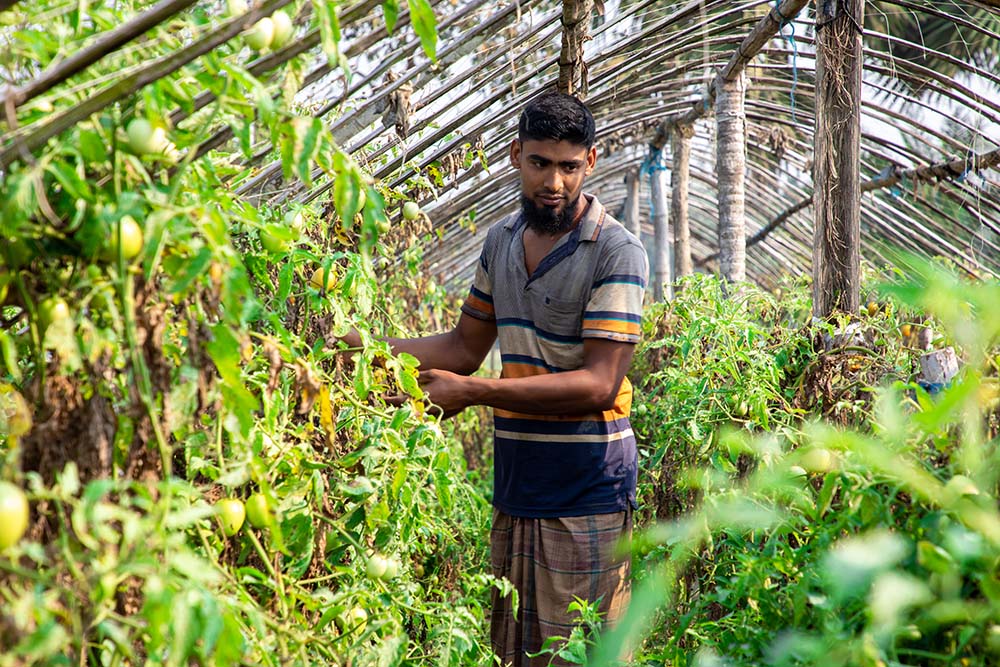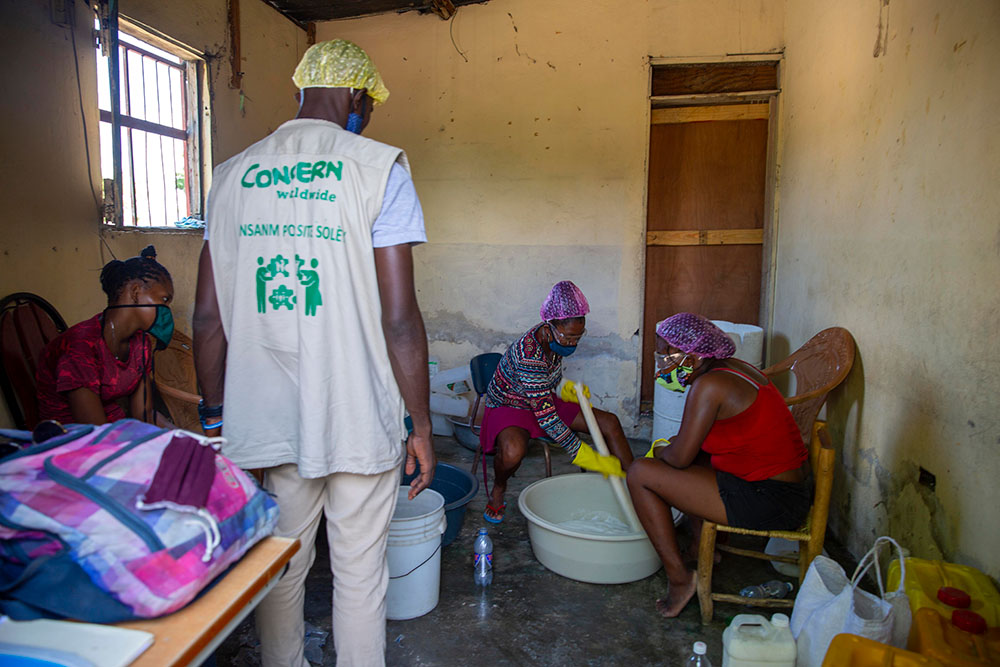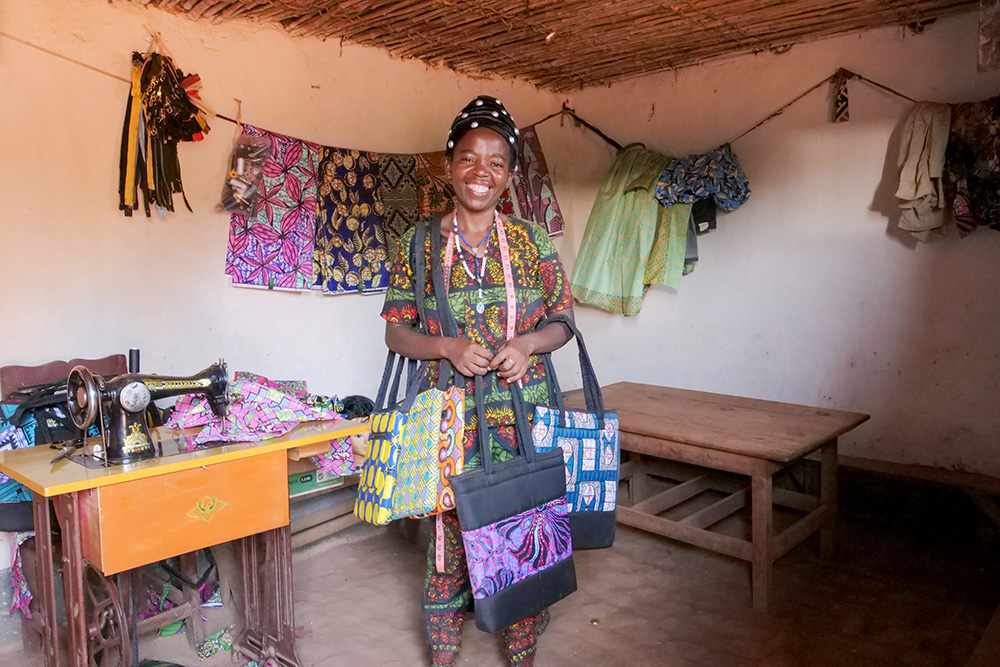Project Profile
Graduation
The "Graduation" model uses a holistic approach to help families identify their interests and skills so they can find meaningful ways to sustainably “graduate” out of poverty.
Read More"Give a man a fish, and you feed him for a day. Teach a man to fish, and you feed him for a lifetime."
* Yes, yes, we know. Using old Chinese proverbs can be somewhat problematic these days because they're, well... old, and the language can be of another time. But the underlying wisdom often holds true. Today, we don't give out fish, but we do help train men and women around the world on new ways to farm, catch, process, prepare, market, and sell them. And it goes way beyond fish. Read on.
Hanging on a wall in the Manhattan offices of Concern US, you’ll find an embroidered cotton decorative Concern calendar for the current year, just like every year since we set up shop here in the mid 1990s. It’s made by the Heart Handicraft women’s collective in Saidpur, Bangladesh, which was established in 1973 with support from Concern, part of the organization’s early efforts to foster sustainable income generation opportunities for people living in extreme poverty. Old film footage in the Concern archive shows row upon row of women clacking away at typewriters as they learn secretarial skills or beavering behind complex looms in the weaving classes run by volunteers.
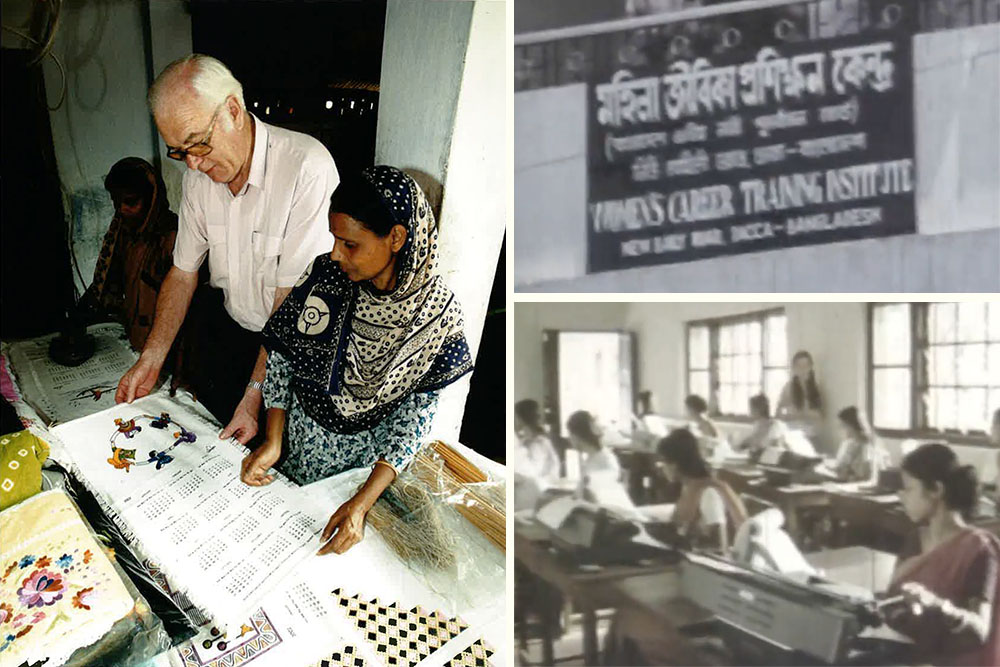
Millions of course hours later, in May 2024, Concern’s Regine Kopplow and her Livelihoods team decided to take a step back and assess the organization’s current state of play in technical, vocational, and business skills training across the world. “It’s called a scoping study, and we use it to evaluate our effectiveness and provide recommendations for how we will move forward in the coming years,” Regine explains.
Today, there are training activities ongoing in 18 of Concern’s countries of operation. The most recent figures available show that in 2022 technical and vocational education and training activities reached 13,662 people (47% women and 53% men,) while business skills training reached 69,239 people (78% women and 22% men.) The majority of these activities currently happen in rural areas.
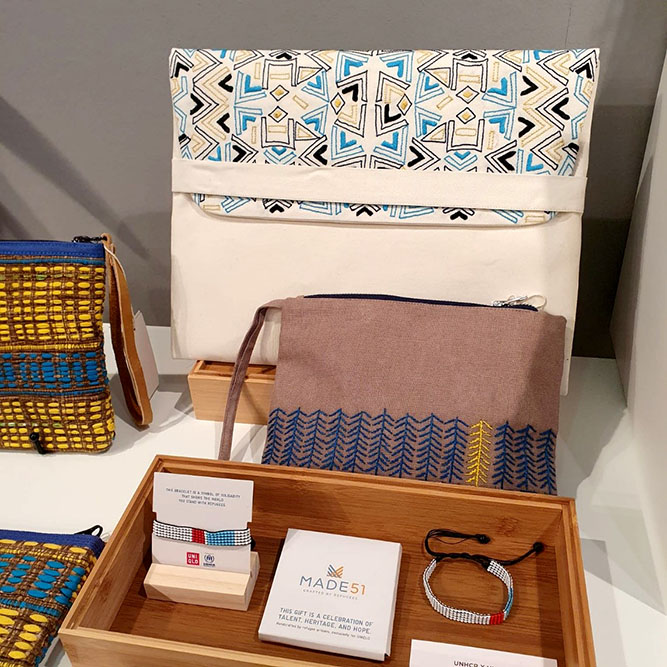

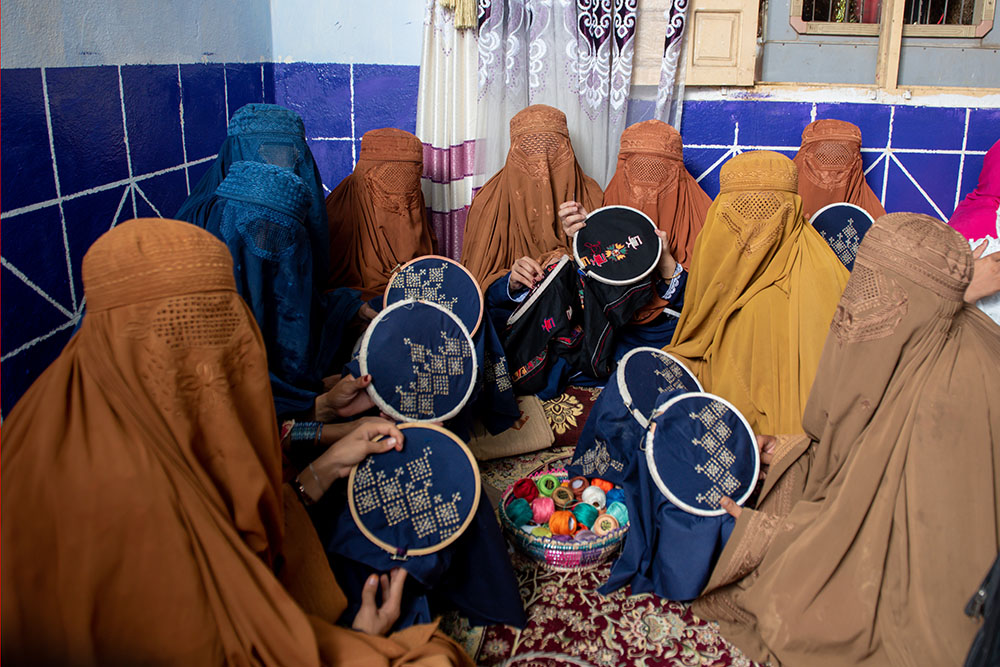
“Basically, we’re aiming to equip people with the practical skills and knowledge needed to build a sustainable income source, either in their own business or as an employee,” according to Jenny Swatton, Concern's Advisor on Social Protection and Economic Inclusion. “Technical training focuses on hands-on skills applicable in sectors, which are crucial for immediate income generation, for example climate-smart agriculture. Vocational training provides targeted instruction in trades, emphasizing skills that are directly marketable in community settings – things like construction, tailoring, metalwork, hairdressing and so on. Meanwhile, business skills training covers foundational aspects of entrepreneurship, financial literacy, and small-scale business management.”
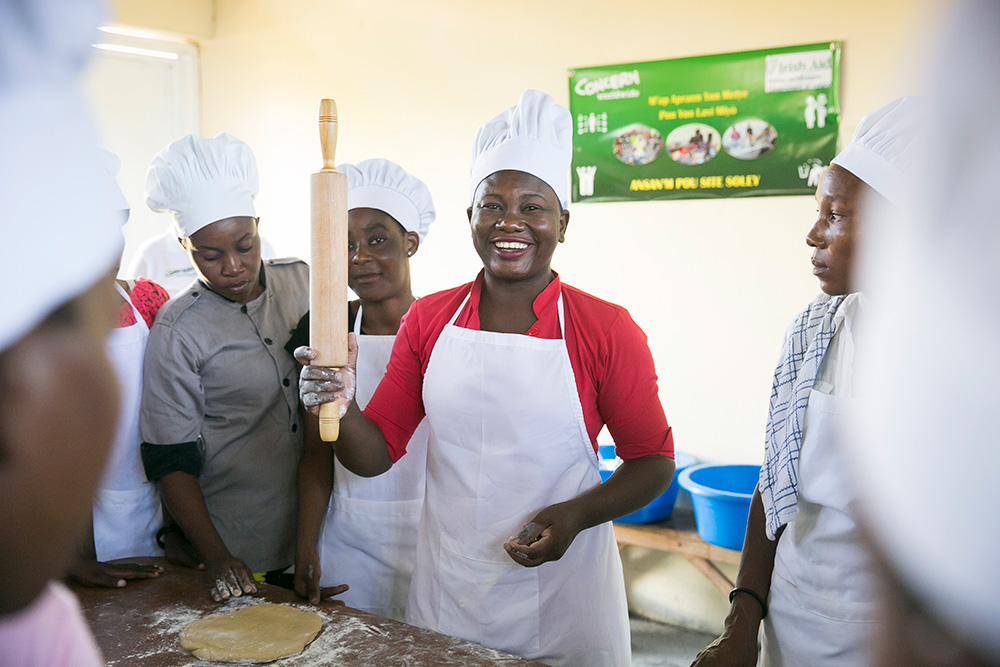
Back in the day, the model was pretty straightforward. Concern staff would either provide the training themselves or contract skilled individuals to deliver courses under their supervision. Today, Concern employs a multifaceted approach, using four primary delivery models: direct provision; partnerships with other NGOs; collaboration with government bodies; and engagements with the private sector. Sometimes it can be a combination of some or all of the above.
“When these diverse providers work together, they create a holistic training model that combines grassroots insight with structured support and innovation, fostering sustainable, community-oriented interventions that are equipped to thrive in a dynamic economic landscape,” according to Abdulkadir Ibrahim, Concern’s Acting Program Director in Somalia.
Labor market assessments are important. “You need to know that you’re training people for the right thing,” explains Abdirahman Barkhad of Concern's local partner in Somalia, YouthLink. “Assessments will help identify gaps in the market and forecast skill demand."

Probably Concern’s biggest delivery mechanism for business skills training is the “Graduation” model, first pioneered by BRAC in Bangladesh and used extensively in different iterations across the world. It’s an integrated, five-step methodology aimed at transitioning extremely poor populations into sustainable livelihoods. You can read more about our graduation work here:
Training is not just confined to “development” contexts. Millions of people around the world are displaced, either living in camps or informal settlements, or scattered throughout host communities. Often there are valuable opportunities for enterprise and income generation within the displaced population itself, a much more dignified and reliable alternative to emergency aid.
Concern adopts a country-specific approach, tailoring its strategies to the unique needs and conditions of each region.
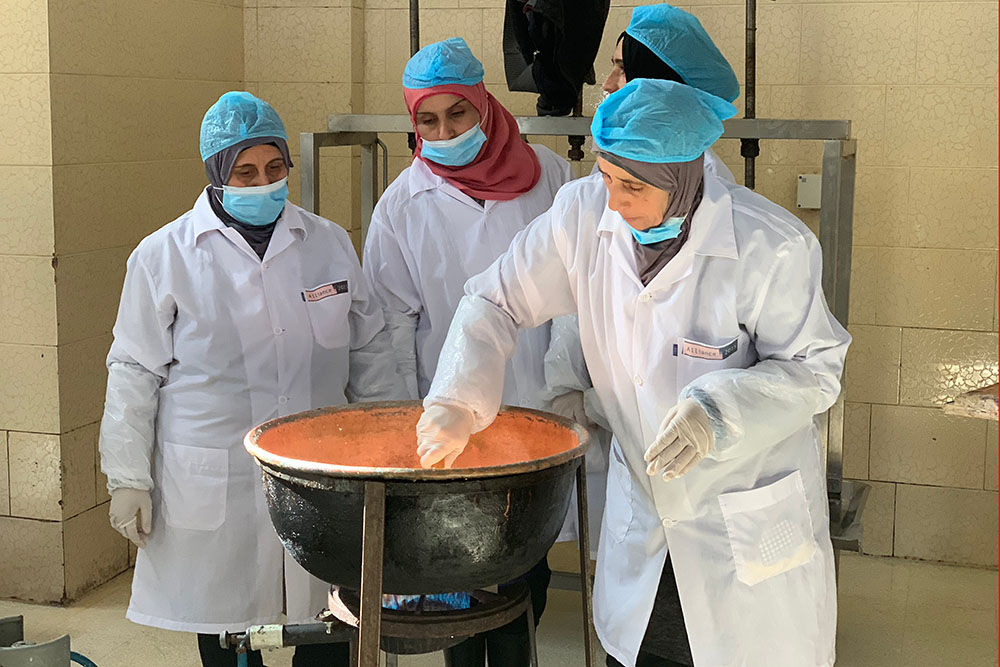
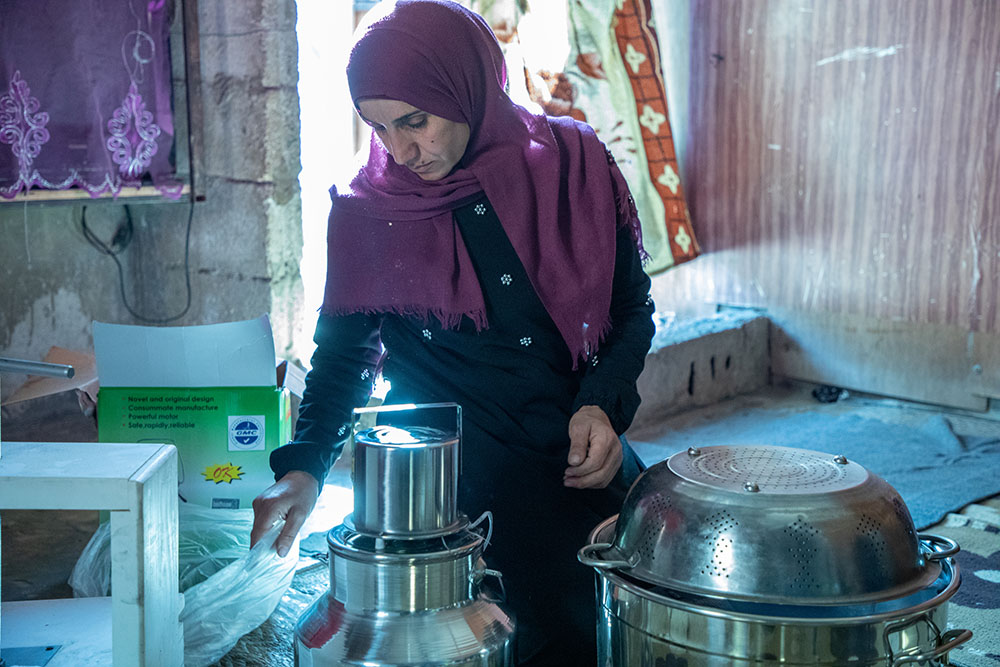
On Concern’s decades-long training journey, there have been some valuable lessons learned along the way. “We aim to continuously monitor and evaluate the programs and incorporate that knowledge into future course design,” according to Jenny Swatton. “For example, our team in Afghanistan has discovered that the training of people in groups is particularly beneficial, as more advanced and literate members can assist others who struggle with the content. In Somalia, our local partner NGO, YouthLink, has seen the value of promoting exchanges between entrepreneurs and program participants.”
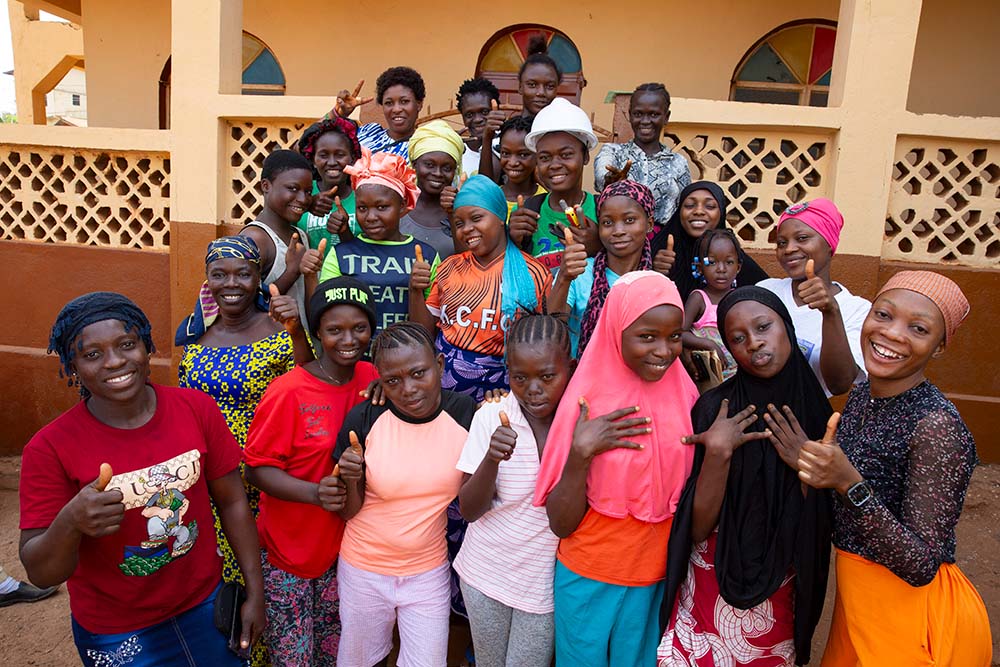
Looking to the future, the Concern scoping study has a series of recommendations, including the development of modular, adaptable curricula, improved accessibility for those with limited digital literacy, and continuous feedback mechanisms.
Regine Kopplow says that the importance of technical, vocational, and business skills training will continue to grow in the coming years. “It’s a critical pathway for empowering individuals and fostering economic growth, and so we need to keep expanding and improving on what we do.”
